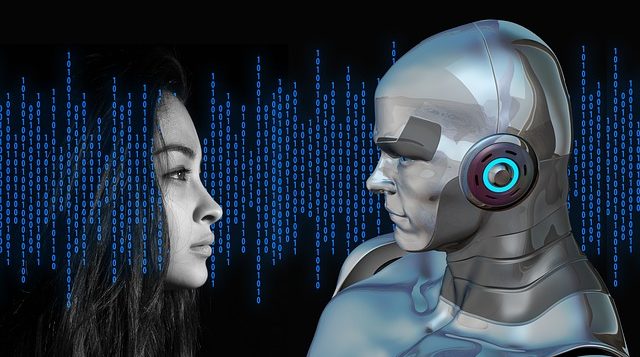Technological advances are fast and constantly change human behavior. More and more tasks are being automated and distributed, artificial intelligence is everywhere and digitalization has entered both industry and our homes. How does this change affect people? Here are five books discussing technology and its impact on human life. For more book recommendations, see our topic list.
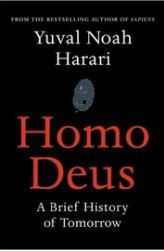 Harari, Y. N. (2017). Homo Deus: A brief history of tomorrow. Vintage.
Harari, Y. N. (2017). Homo Deus: A brief history of tomorrow. Vintage.
Harari’s representation of one possible future was widely discussed at the time of its publication in 2017. What he suggests is that during the 21st century, humans will aim at happiness, immortality and even God-like powers – hence the title. The first part of the book discusses the relationship between humans and animals. The second part concentrates on the human tendency to give meaning to the world: humanism is described as a type of religion. In the third part, technological development turns us into “obsolete algorithms” while we struggle to find meaning in the world.
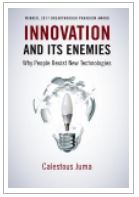 Juma, C. (2016). Innovation and its enemies: Why people resist new technologies. Oxford University Press USA – OSO.
Juma, C. (2016). Innovation and its enemies: Why people resist new technologies. Oxford University Press USA – OSO.
Resisting change is a human trait we are all guilty of, some more than others. New technologies have always sparked discussion on their risk to human values (moral, ethical), health and safety. Today, we discuss the risks of AI and robots. Juma uses details of familiar cases from the history of technology and argues that we should all take more responsibility of scientific and technological matters. Leaders should work closely with scientists and with the support of a more engaged public to create a more informed technological future.
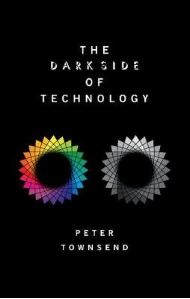 Townsend, P. (2018). The dark side of technology. Oxford University Press.
Townsend, P. (2018). The dark side of technology. Oxford University Press.
Much of scientific and technological advancement has unexpected negative consequences. Technology will always advance faster than our own understanding of its possible side effects. Townsend introduces examples from various fields of science, from biology to global economy, showing how progress may serve some while threatening others. Despite the general air of doom and gloom, the book ends with “a grain of hope”.
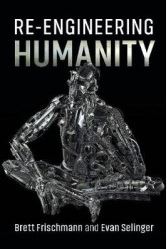 Frischmann, B. M. & Selinger, E. (2018). Re-engineering humanity. Cambridge University Press.
Frischmann, B. M. & Selinger, E. (2018). Re-engineering humanity. Cambridge University Press.
Biga data, predictive analytics and smart environments are a part of our daily life, but what is the next step? Do programmable worlds automatically lead to programmable people? Frischmann and Selinger seem to think so, at least unless we stop taking the technological advancement as given and start looking behind the technology and how it is used. Though purposefully alarmist, this is a useful criticism of modern life. It will certainly make you think twice before downloading another seemingly harmless app.
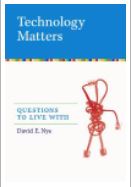 Nye, D. E. (2006). Technology matters: Questions to live with. MIT Press.
Nye, D. E. (2006). Technology matters: Questions to live with. MIT Press.
Nye’s thesis is that technology is inseparable from being human. We have always used tools and continue developing them, use them to shape our world. Yet we think little about the choices we make, and even less about their consequences. In this book, Nye asks ten important questions about our relationship to technology, discussing important topics like control, diversity, sustainability, security and privacy.
Thank you for the image: Gerd Altmann @ Pixabay
